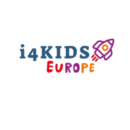i4KIDS-EUROPE publishes report on main challenges in European Paediatric Innovation Ecosystem
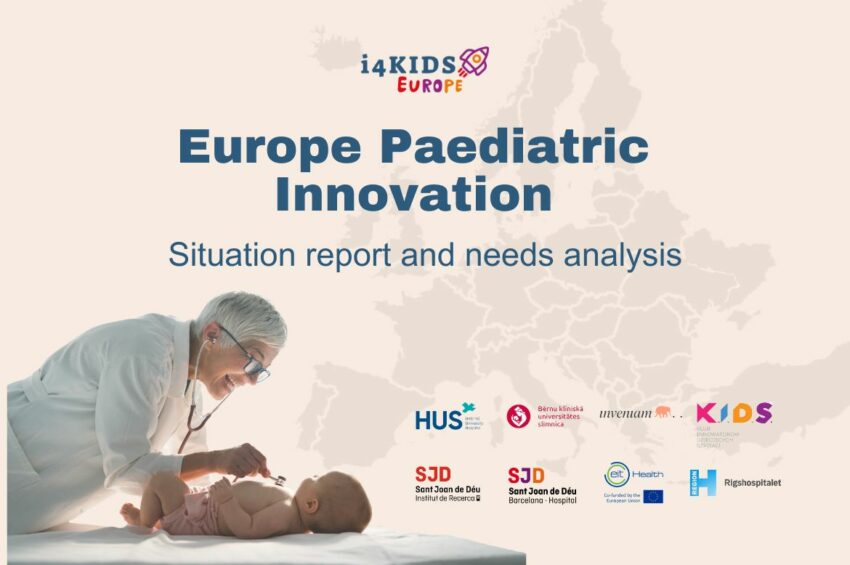
The i4KIDS-EUROPE initiative, a paediatric innovation network funded by the European Union, has published the “Europe Paediatric Innovation Situation Report and Needs Analysis”.
The report, which was presented at the Pediatric Innovation Day 2023 in Warsaw in October, is based on extensive research including surveys (134), interviews and workshops with stakeholders from 16 European countries, and highlights the significant barriers to the development and uptake of paediatric innovations.
Financial constraints, regulatory complexity, commercial challenges, human capital and cultural & infrastructure issues emerge as prominent barriers, particularly affecting medium and emerging innovator countries.
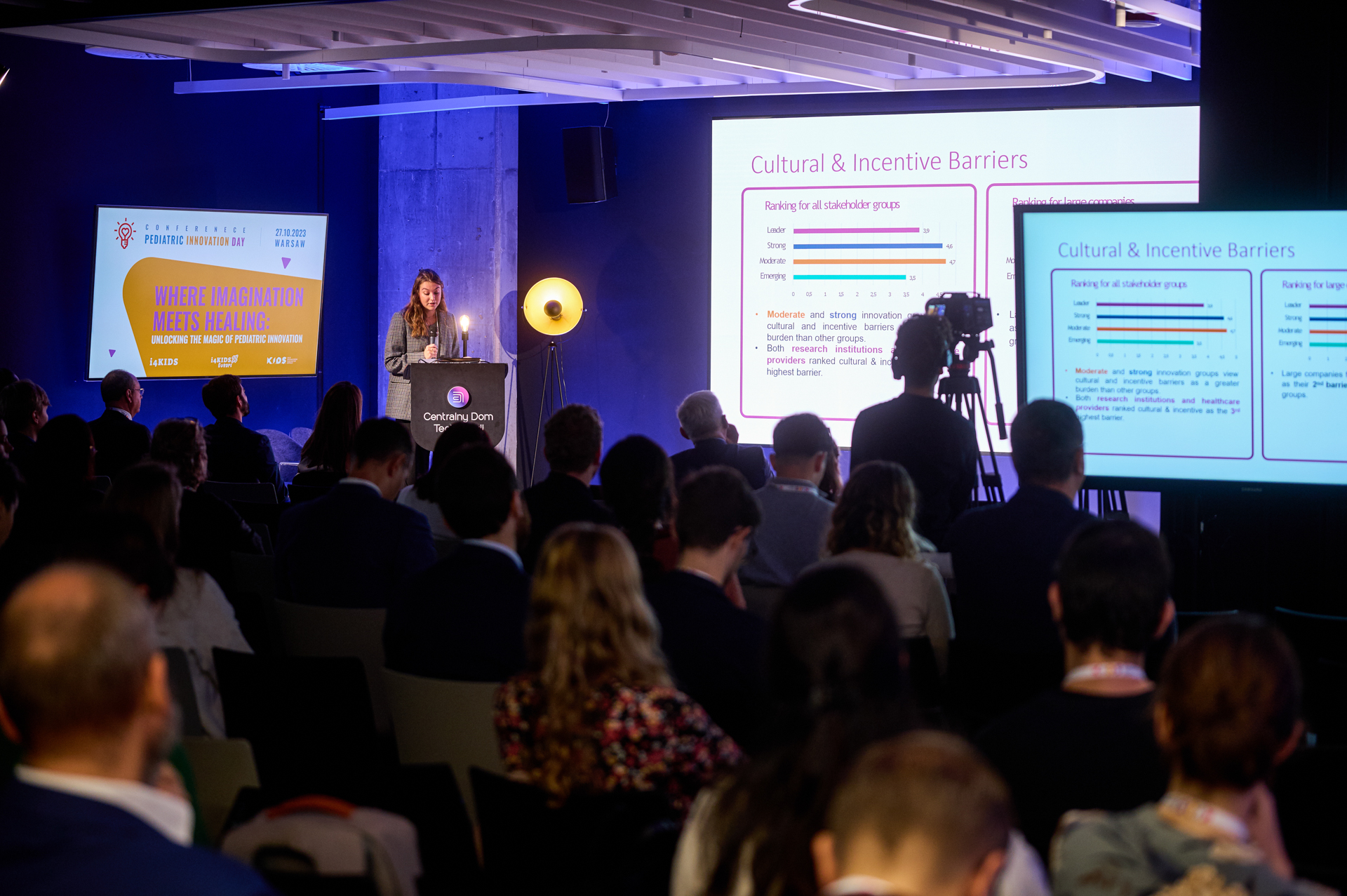
Of particular concern is the severe underfunding of paediatric healthcare innovation, with venture capital investment in the sector representing only 1.6% of total healthcare investment in 2020. This underlines the urgent need for concerted efforts to redirect resources and support towards paediatric healthcare.
Arnau Valls, Director of i4KIDS and Coordinator of i4KIDS-EUROPE, emphasises “Paediatric and maternity care remains underrepresented in terms of funding and innovation, affecting millions of patients and families and directly influencing the prosperity of our future society. Thus, it is paramount to establish pan-European and global collaborations to mitigate this burden and secure a better future.”
Critical Barriers to Paediatric Healthcare Innovation
The report identifies critical barriers on several fronts:
- Financial barriers: SMEs, start-ups and research institutions face significant challenges in accessing funding tailored to paediatric innovation, exacerbating the struggle to bring novel solutions to fruition.
- Regulatory and reimbursement barriers: Diverse paediatric populations and complex regulatory pathways pose significant obstacles for large companies, SMEs and research institutions alike, hindering progress.
- Commercial and adoption barriers: Ambiguities in market integration and adoption frameworks hinder the scalability and uptake of paediatric innovations on a pan-European scale.
- Human capital and cultural & incentive barriers: A paradigm shift towards embracing innovation in the health sector is seen as essential, along with improved training, particularly in research-focused institutions.
- Infrastructure barriers: Regions with lower innovation rates face challenges related to digital tools and data sharing infrastructure, highlighting the need for significant improvements.
Based on a careful research approach, including a map and database of paediatric stakeholders, a digital survey and 25 in-depth interviews, the report provides a nuanced understanding of the landscape across European countries, paving the way for strategic interventions.
Next Steps in Paediatric Healthcare Innovation
The “European Paediatric Innovation Situation Report and Needs Analysis” is the preview of the publication of a White Paper scheduled for the last quarter of the year, which will provide specific strategic suggestions based on the challenges outlined in the situation report, with the goal of steering the future course of innovation in paediatric healthcare.
This report is a call to unify, strategize, and act. Stakeholders across the paediatric healthcare ecosystem are invited to engage with the report’s findings, downloading the full version and joining the i4KIDS-EUROPE Innovators Community, contributing in this mission to overcome barriers to paediatric healthcare innovation, building a healthier future for Europe’s children.
The i4KIDS-EUROPE initiative
i4KIDS-EUROPE, a Coordination and Support Action (CSA) funded by Horizon Europe, operates across five European countries (Spain, Finland, Denmark, Poland, and Latvia), from January 2023 to January 2025. Uniting a diverse array of expertise and resources, the consortium comprises the following leading European institutions: Sant Joan de Déu Barcelona Children’s Hospital, Institut de Recerca Sant Joan de Déu, HUS Helsinki University Hospital, Fundacja K.I.D.S. Children’s Hospitals Innovators’ Club, EIT Health Spain, Inveniam Group, Children’s University Hospital Latvia, and RegionH Mary Elizabeths Hospital – Rigshospitalet. Its mission is to strengthen sector competitiveness and unlock the innovation potential within the European paediatric sector. The initiative seeks to integrate and support underrepresented actors, particularly in moderate and emerging innovator countries, into the paediatric innovation ecosystem, ensuring a more interconnected and cohesive environment to drive significant advancement in the sector.
This European project expands the current i4KIDS, Pediatric Innovation Hub created in Barcelona at the end of 2020, led by Sant Joan de Déu Barcelona Children’s Hospital (HSJD). It has more than 60 member and associated entities as well as 93 research groups to promote the development of innovation and research projects in foetal, paediatrics and maternity health to improve diagnosis and treatment.
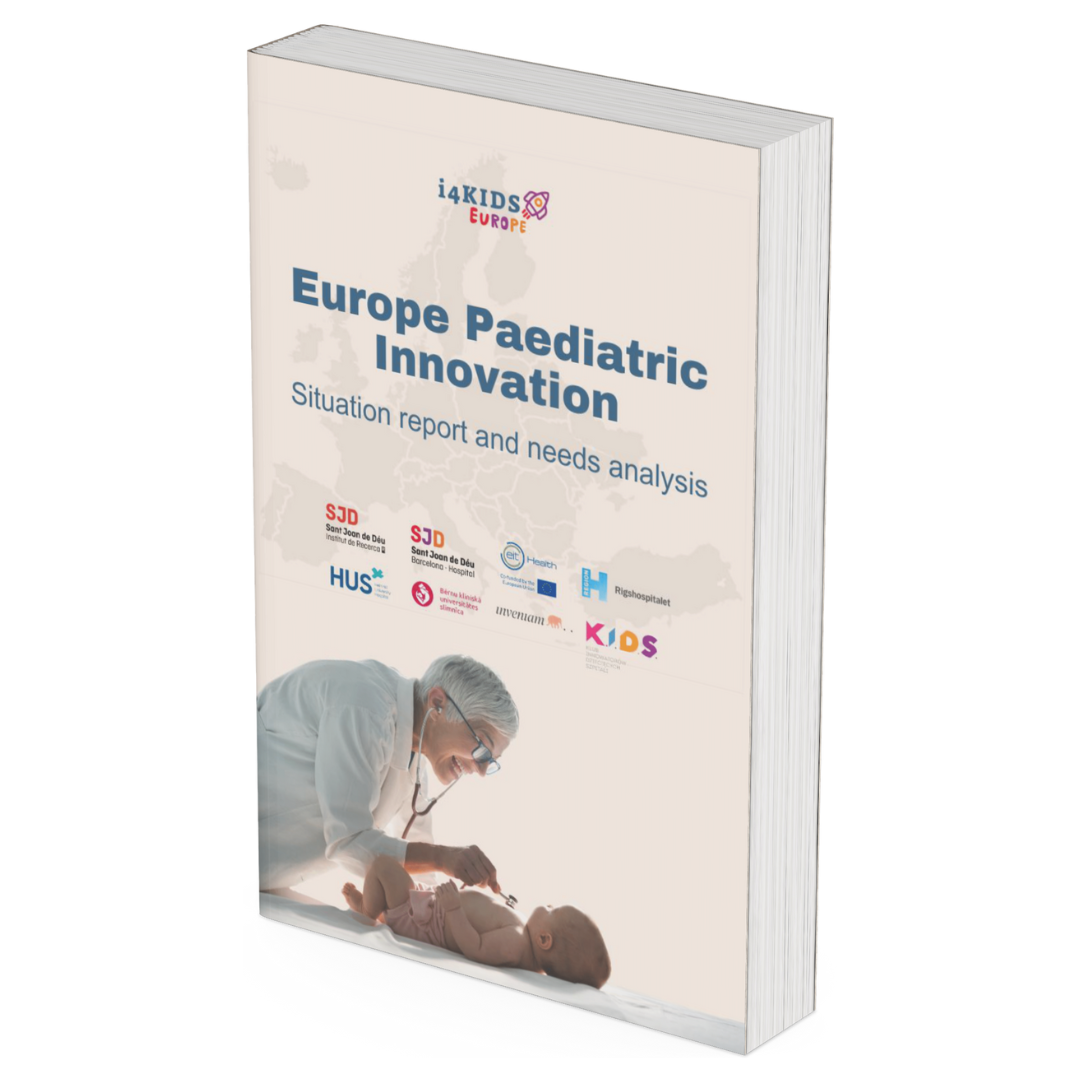
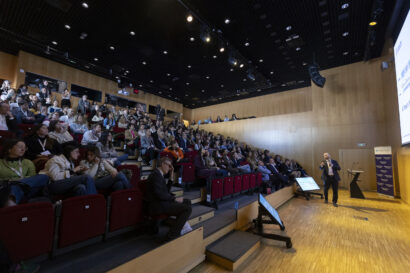
Featured
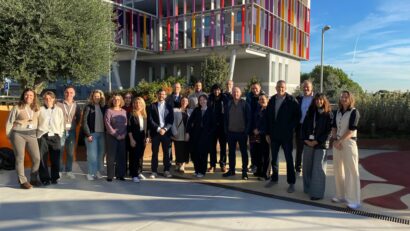
Featured

Featured
